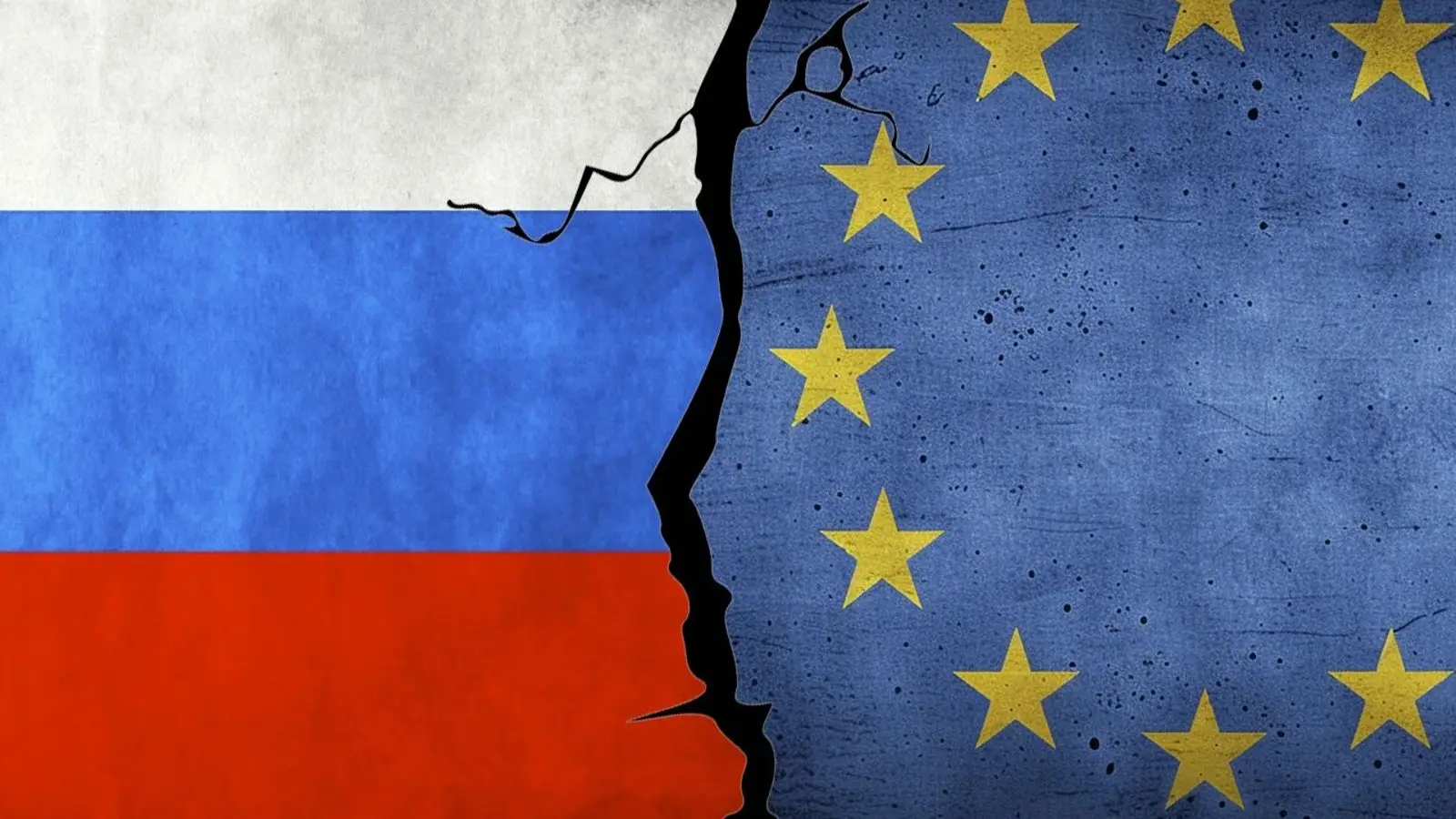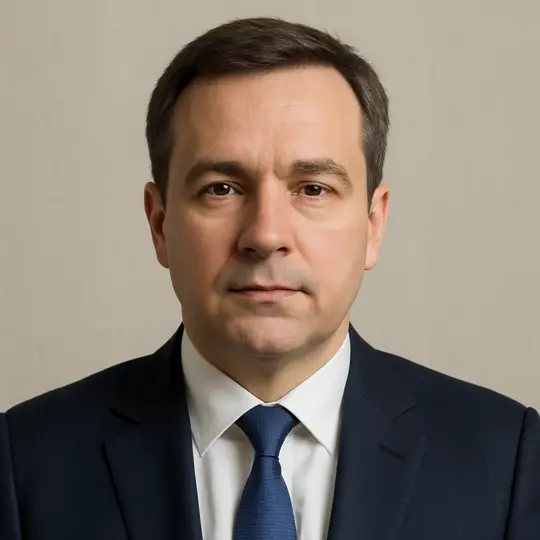Rostislav Ishchenko on How Russia Can Counter the West’s Plans


Analyst Rostislav Ishchenko outlines Russia’s options: from ultimatums to a slow strategy of waiting out the West, warning of the risk of nuclear escalation.
Political analyst Rostislav Ishchenko explained that the West is not seeking a large-scale war with Russia, but rather a smaller, drawn-out conflict. In his view, Moscow has several possible responses to such a strategy.
One option, he noted, would be a radical approach: issuing an ultimatum that unless the West backs down immediately, Russia will launch large-scale military action. But Ishchenko warned that if Moscow miscalculates the Western response and the West does not retreat, Russia could find itself in a difficult position. The danger of radical moves, he argued, is that if the problem cannot be resolved quickly, escalation could lead to an exchange of nuclear strikes — an outcome Russia does not want.
He suggested that another, slower approach is also possible. This would involve letting the West continue damaging its own economy, while Russia waits and observes. According to Ishchenko, Russia can currently afford such a drawn-out maneuver. The key, he stressed, is to avoid sliding into a cycle of mutual escalation, where both sides keep raising the stakes.
The most dangerous scenario, Ishchenko cautioned, is a standoff in which the West assumes Russia will blink first, while Russia counts on the West to back down. If neither side gives way, he compared the situation to two airplanes on a collision course — with nothing left afterward but wreckage falling to the ground.